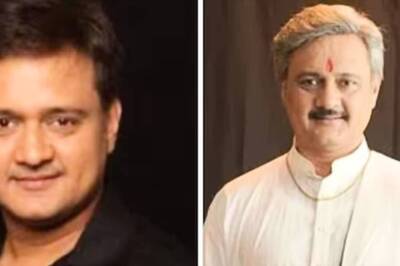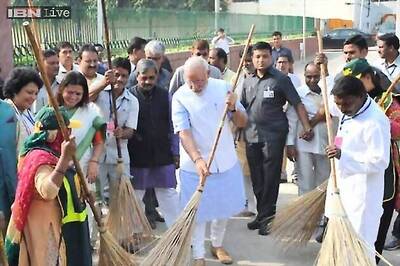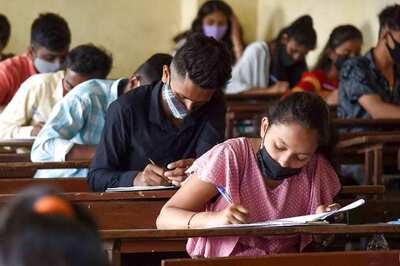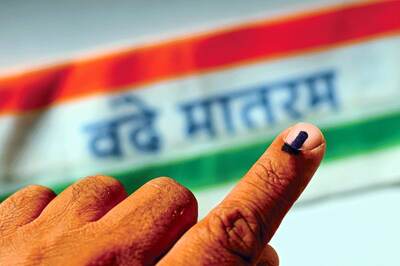
views
As the US election gets into the last leg of political rhetoric and slugfest, Indian external minister S Jaishankar chose not to get dragged into it.
During an event, he was asked, “What is your take in general on the US elections, and how is India prepared for it?”
Jaishankar replied, “You know, we generally don’t comment on other people’s elections, because we also hope others don’t comment on us.”
Interestingly, in the run-up to the General election 2024 in India, there were quite a few sharp and subtle remarks exchanged between the US state department and India’s Ministry of External Affairs (MEA).
Earlier in March this year, as Delhi Chief Minister Arvind Kejriwal was being arrested and the Congress was making allegations that tax authorities have frozen some of their bank accounts, US State Department Spokesperson Matthew Miller had said, “We continue to follow these actions closely…We encourage fair, transparent and timely legal processes for each of these issues.”
The MEA had issued a sharp rebuttal saying, “In diplomacy, states are expected to be respectful of the sovereignty and internal affairs of others. This responsibility is even more so in case of fellow democracies. It could otherwise end up setting unhealthy precedents.”
The US remarks had followed German foreign ministry’s comment on the issue, which also resulted in prompt admonishment by the MEA as a German envoy in Delhi was summoned to protest against his government’s remarks about the arrest.
India had also accused the US government body, US Commission on International Religious Freedom, of interfering in India’s electoral exercise by recommending that India should be classified as a ‘Country of Particular Concern’ for the fifth consecutive year in its annual report.
On Tuesday, while EAM went on to describe long and trusted India-US relations, he also attributed a great part of it to the Indian diaspora connect, which is unique and has “kept this bonding so strong”.
Jaishankar expressed confidence in working with the next US president, whether it is Republican candidate and former President Donald Trump or Democrats’ choice and Vice-President Kamala Harris. “We have every confidence that we will be able to work with the President of the United States, whoever he or she will be.”
Jaishankar emphasises the importance of India-US ties in the current geopolitical context which he characterised as an “exceptionally difficult period”.
Underlining the geopolitical tensions in the Middle East, Ukraine, Southeast Asia, East Asia and the continued impact of Covid, Jaishankar said, “If I were to say, give a five-year forecast, it would be a very grim forecast for the next five years.”
“You see more and more countries struggling. Trade is getting difficult, facing foreign exchange shortages… what was happening in the Red Sea, climate events, which are no longer just news, they have globally disruptive consequences,” he said.
The EAM said that the people’s perception regarding India-US relations changed way before the official sentiments in both the countries and that “common sense is key to understanding the India-US relationship”.
Jaishankar also argued that in this era of technological advancements, economic struggles, it is crucial to rebalance relationships to achieve optimum outcomes.




















Comments
0 comment